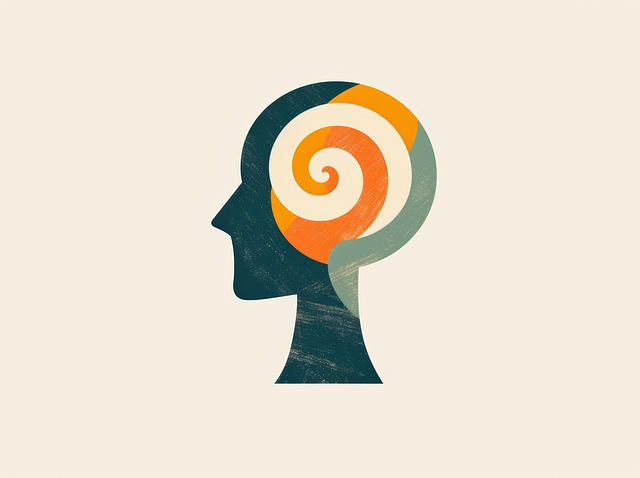Child abuse has long-lasting mental health impacts, increasing risks of anxiety, depression, and PTSD. Access to therapy and mental health policy advocacy are crucial for healing. Advocacy breaks down barriers through awareness campaigns, policy changes, and support, empowering survivors to access tailored mental healthcare. Integrating Therapy for Child Abuse in schools, cultural competency training, stress management workshops, and self-care routine development further promote well-being and resilience among survivors.
Mental health advocacy plays a crucial role in supporting survivors of child abuse, who often face significant challenges accessing appropriate therapy. This article delves into the profound impact of childhood trauma on mental well-being and explores how advocacy initiatives drive access to essential therapeutic services. We examine successful strategies, from community outreach programs to policy changes, that not only provide healing but also empower survivors to reclaim their lives post-abuse. Understanding these efforts is key to improving therapy for child abuse survivors.
- Understanding the Impact of Child Abuse on Mental Health
- The Role of Advocacy in Promoting Therapy Access for Survivors
- Effective Strategies and Initiatives for Mental Health Advocacy
Understanding the Impact of Child Abuse on Mental Health

The impact of child abuse on mental health is profound and long-lasting. Experiencing trauma at a young age can disrupt brain development, leading to a heightened risk of various mental illnesses later in life, including anxiety, depression, and post-traumatic stress disorder (PTSD). Victims of child abuse often struggle with emotional regulation, low self-esteem, and difficulties forming healthy relationships, all of which compound the challenges they face as adults.
Access to therapy for child abuse is crucial for healing and recovery. Mental health policy analysis and advocacy play a vital role in ensuring that resources are available to support survivors. Efforts to reduce mental illness stigma can also encourage individuals to seek help without fear of judgment or ostracism, fostering a more supportive environment for emotional intelligence to flourish.
The Role of Advocacy in Promoting Therapy Access for Survivors

Advocacy plays a pivotal role in promoting therapy access for survivors of child abuse, ensuring they receive the necessary support for their mental wellness. By raising awareness about the long-lasting impacts of trauma and the importance of therapy, advocacy groups can challenge societal stigma and misconceptions surrounding mental health issues. They work tirelessly to ensure that survivors understand their rights to access affordable and quality mental healthcare services tailored to address specific needs like emotional regulation.
Through various initiatives including education campaigns, policy lobbying, and direct support programs, advocates create a network of resources for survivors. They provide guidance on navigating complex systems, offer mental wellness journaling exercise tools, and foster safe spaces where individuals can share their experiences without fear of judgment. This collective effort empowers survivors to take charge of their healing journey, ultimately improving their quality of life and promoting resilience.
Effective Strategies and Initiatives for Mental Health Advocacy

Mental health advocacy initiatives are pivotal in creating a supportive environment and raising awareness about various mental health issues. Effective strategies include integrating Therapy for Child Abuse into school curriculums to address early trauma, which can significantly impact long-term mental well-being. This approach ensures that children receive critical support before potential emotional or psychological scars become entrenched.
Moreover, Healthcare Provider Cultural Competency Training plays a crucial role in enhancing understanding and sensitivity towards diverse populations’ unique mental health needs. Simultaneously, Stress Management Workshops Organization within communities can equip individuals with practical tools to manage stress effectively, fostering resilience against mental health challenges. Additionally, promoting Self-Care Routine Development for Better Mental Health through accessible resources and workshops empowers individuals to prioritize their psychological well-being proactively.
Mental health advocacy initiatives play a pivotal role in ensuring survivors of child abuse receive the necessary support, including access to therapy. By understanding the profound impact of such trauma on mental well-being and implementing effective strategies, we can foster a more compassionate society. Advocacy efforts must continue to challenge societal barriers, promote awareness, and enhance accessibility to therapy for child abuse survivors, ultimately revolutionizing their journey towards healing and recovery.














